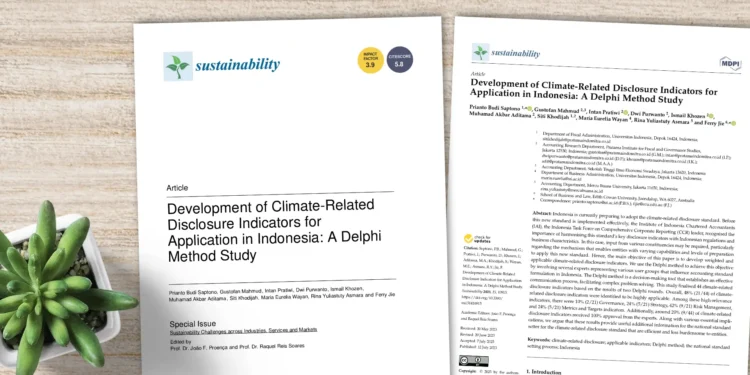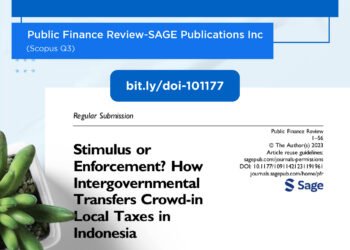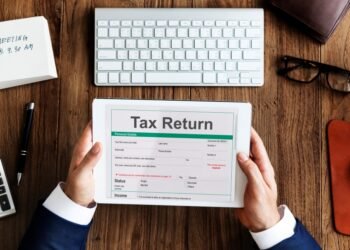Abstract
Indonesia is currently preparing to adopt the climate-related disclosure standard. Before this new standard is implemented effectively, the Institute of Indonesia Chartered Accountants (IAI), the Indonesia Task Force on Comprehensive Corporate Reporting (CCR) leader, recognised the importance of harmonising this standard’s key disclosure indicators with Indonesian regulations and business characteristics.
In this case, input from various constituencies may be required, particularly regarding the mechanism that enables entities with varying capabilities and levels of preparation to apply this new standard. Hence, the main objective of this paper is to develop weighted and applicable climate-related disclosure indicators. We use the Delphi method to achieve this objective by involving several experts representing various user groups that influence accounting standard formulation in Indonesia. The Delphi method is a decision-making tool that establishes an effective communication process, facilitating complex problem solving.
This study finalised 44 climate-related disclosure indicators based on the results of two Delphi rounds. Overall, 48% (21/44) of climate-related disclosure indicators were identified to be highly applicable. Among these high-relevance indicators, there were 10% (2/21) Governance, 24% (5/21) Strategy, 42% (9/21) Risk Management, and 24% (5/21) Metrics and Targets indicators. Additionally, around 20% (9/44) of climate-related disclosure indicators received 100% approval from the experts. Along with various essential implications, we argue that these results provide useful additional information for the national standard setter for the climate-related disclosure standard that are efficient and less burdensome to entities.
DOI: https://doi.org/10.3390/su151410915
https://www.mdpi.com/2071-1050/15/14/10915
sustainability-15-10915 (2)
Peneliti
Dr. Prianto Budi Saptono S., Ak., CA., MBA
Department of Fiscal Administration, Universitas Indonesia, Depok 16424, Indonesia
Gustofan Mahmud, S.Pd., M.Sc
Accounting Research Department, Pratama Institute for Fiscal and Governance Studies, Jakarta 12530, Indonesia
Accounting Department, Sekolah Tinggi Ilmu Ekonomi Swadaya, Jakarta 13620, Indonesia
Intan Pratiwi, S.E.
Accounting Research Department, Pratama Institute for Fiscal and Governance Studies, Jakarta 12530, Indonesia
Dwi Purwanto, S.E.
Accounting Research Department, Pratama Institute for Fiscal and Governance Studies, Jakarta 12530, Indonesia
Ismail Khozen, S.I.A., M.A.
Accounting Research Department, Pratama Institute for Fiscal and Governance Studies, Jakarta 12530, Indonesia
Muhamad Akbar Aditama, S.I.A.
Accounting Research Department, Pratama Institute for Fiscal and Governance Studies, Jakarta 12530, Indonesia
Siti Khodijah, S.I.A.
Accounting Research Department, Pratama Institute for Fiscal and Governance Studies, Jakarta 12530, Indonesia
Department of Fiscal Administration, Universitas Indonesia, Depok 16424, Indonesia
Dra. Maria Eurelia Wayan, M.Ak.
Department of Business Administration, Universitas Indonesia, Depok 16424, Indonesia
Dr. Rina Yuliastuty Asmara MM., Ak., CA, CSRS, CIBA, CERA
Accounting Department, Mercu Buana University, Jakarta 11650, Indonesia
Ferry Jie, PhD, FCILT, FCES
School of Business and Law, Edith Cowan University, Joondalup, WA 6027, Australia












